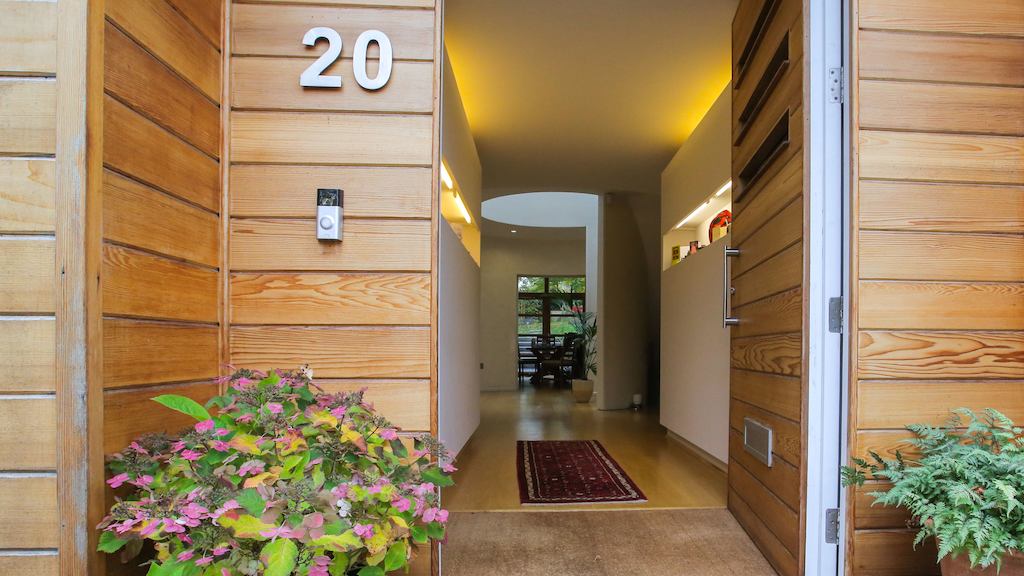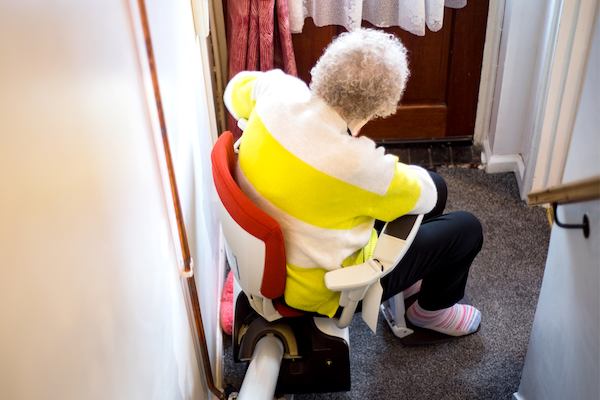A new survey of local authorities across England has revealed an urgent and growing need for more accessible homes over the next decade, with viability challenges from home builders preventing them from delivering the housing their communities need.
Currently, local authorities set out plans of how many accessible homes are needed, once they can demonstrate demand in the area. But via viability assessments, developers can argue that accessible housing is prohibitively expensive, and negotiate that homes are built to the lowest allowable standards.
Of the local authorities that responded to the survey by the Centre for Ageing Better, 97% said their need for accessible homes will increase in the next 10 years, with a quarter already describing their need as severe.
The biggest barrier to securing accessibility of new homes is arguments over viability (79%), followed by challenges from developers to policies with higher accessibility standards (48%). And only 21% said that they’d be able to deliver the number of accessible homes needed without changes to national policy.
These results come as the government consults on proposals to update the accessibility standards of new homes - with concerns from some local government, housing organisations and charities that the voices of housing developers will overshadow the call for urgent changes to be made to how we build new homes.
According to the latest English Housing Survey, an overwhelming 91% of homes do not provide even the lowest level of accessibility, leaving fewer than one in ten homes suitable for older or disabled people to visit, never mind live in.
In less than 20 years, one in four of people will be over 65 – equating to around 17 million people. Many local authorities, particularly in rural areas, are finding themselves ahead of this demographic shift, with greater numbers of people at older ages. More than 1 in 5 local authorities have 44% of their population over the age of 50.
While poorer health is not inevitable as people age, one in five adults aged 65-69 need help with one or more activities of daily living – by the time people reach their 80s, this figure rises to more than one in two people. But as it stands, only one new accessible home is planned for every fifteen people over 65 by 2030.
The Centre for Ageing Better, as part of the Housing Made for Everyone (HoME) coalition, is calling for national building standards to be raised to be ‘accessible and adaptable’ as a minimum baseline, as set out in the government’s consultation. If ‘accessible and adaptable’ homes become the new minimum standard then this will create a level playing field as all home builders will be factoring in the same costs and buying land with the same assumptions. Other options on the table, which include taking no action, are unacceptable and will store up significant social and economic problems for local authorities.
Ageing Better warns that not taking immediate action will result in greater numbers of people forced to live in unsafe and unsuitable homes, which will increase social care needs.
The Centre for Ageing Better is urging individuals and organisations to have their say by responding to the consultation before the deadline of 1 December. To help people understand the proposals and make their voices heard, people can access a simple guide with background information and suggested responses.

